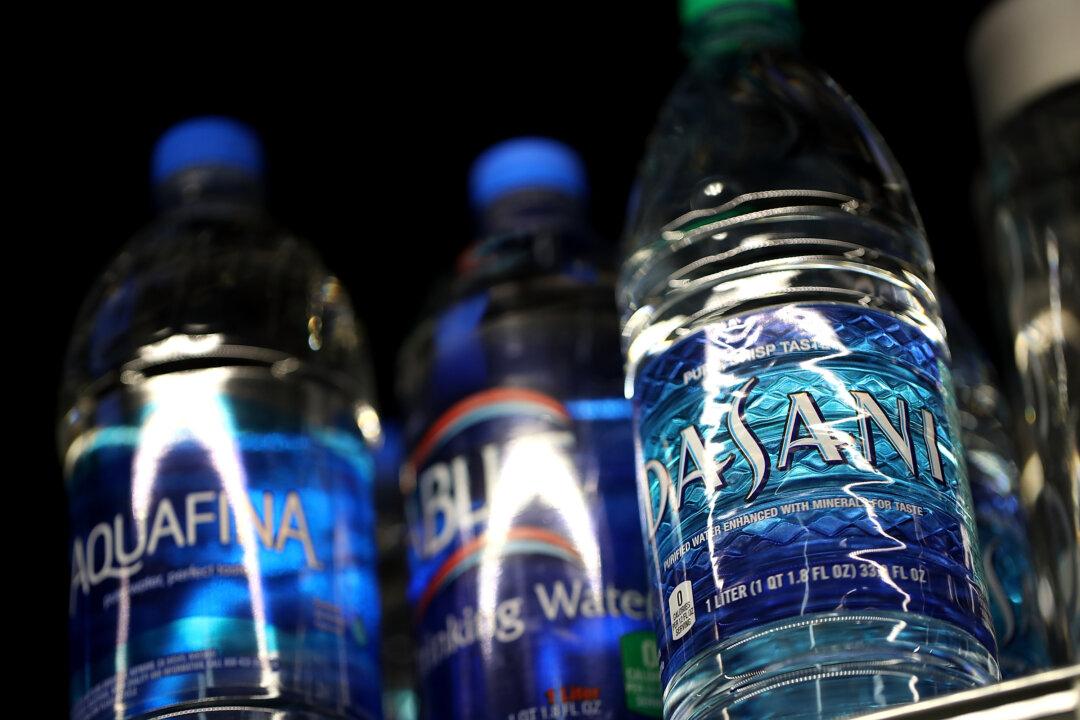Californians will soon have more places to cash in their empty bottles and cans, according to California’s recycling agency CalRecycle.
CalRecycle just awarded nearly $70 million in grants for 37 projects to add new recycling methods such as mobile recycling, bag-drop sites, and reverse vending machines—which allow users to insert empty bottles or cans in exchange for cash or coupons.





